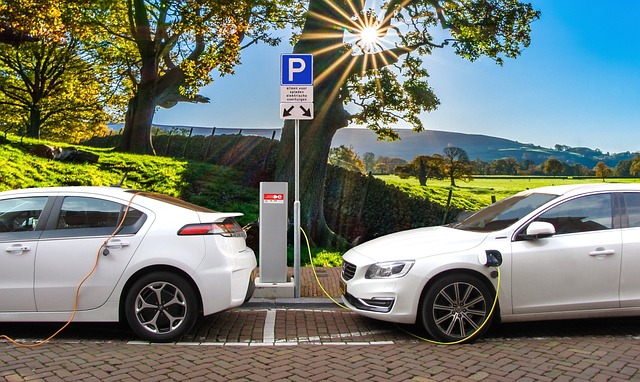Electric cars, also known as electric vehicles (EVs), have become increasingly popular in recent years due to their efficiency, low operating costs, and reduced carbon emissions. With the world’s focus shifting towards sustainable energy, electric cars have emerged as a promising solution for the future of transportation. In this article, we will explore the benefits of electric cars and their impact on the environment, as well as the challenges they face and the future of electric cars.
Benefits of Electric Cars

Electric cars offer several advantages over traditional gasoline-powered cars. One of the most significant benefits is their environmental friendliness. Unlike gas-powered cars, which emit harmful pollutants into the atmosphere, electric vehicle produce zero emissions. This means that EVs are much cleaner and more sustainable than traditional cars, contributing to the fight against climate change.
In addition to being eco-friendly, electric cars are also much cheaper to operate. Electric vehicles have lower fuel costs compared to gasoline-powered cars, and their maintenance costs are also lower. With fewer moving parts and no oil changes, electric cars require less maintenance, saving owners both time and money.
Another advantage of electric cars is their quiet and smooth ride. EVs are powered by electric motors, which operate quietly and provide a smooth driving experience. This is a significant improvement over gas-powered cars, which are often noisy and rough.
Challenges of Electric Cars
While electric cars offer many benefits, they also face several challenges. One of the most significant challenges is the high upfront cost. Electric cars are more expensive than traditional cars, and many consumers may not be willing or able to pay the higher price tag. However, as electric car technology continues to improve, the cost of electric cars is expected to decrease, making them more accessible to consumers.
Another challenge is the limited range of electric cars. Electric cars can only travel a certain distance on a single charge, and this range varies depending on the make and model of the car. However, with advancements in battery technology, the range of electric cars is steadily increasing, making them a more practical choice for daily driving.
Future of Electric Cars
Despite the challenges, the future of electric cars looks promising. As more consumers become aware of the benefits of electric cars, demand is expected to increase, leading to further advancements in technology and lower costs. Governments and businesses are also investing in the development of electric cars, with many countries setting targets to phase out gas-powered cars in the coming decades.
Conclusion
electric cars are the future of sustainable transportation. With their eco-friendliness, lower operating costs, and smooth driving experience, electric cars are a viable alternative to traditional gasoline-powered cars. While electric cars face some challenges, advancements in technology and decreasing costs are making them more accessible and practical for everyday use. As the world shifts towards sustainable energy, electric cars are poised to play a significant role in shaping the future of transportation.



